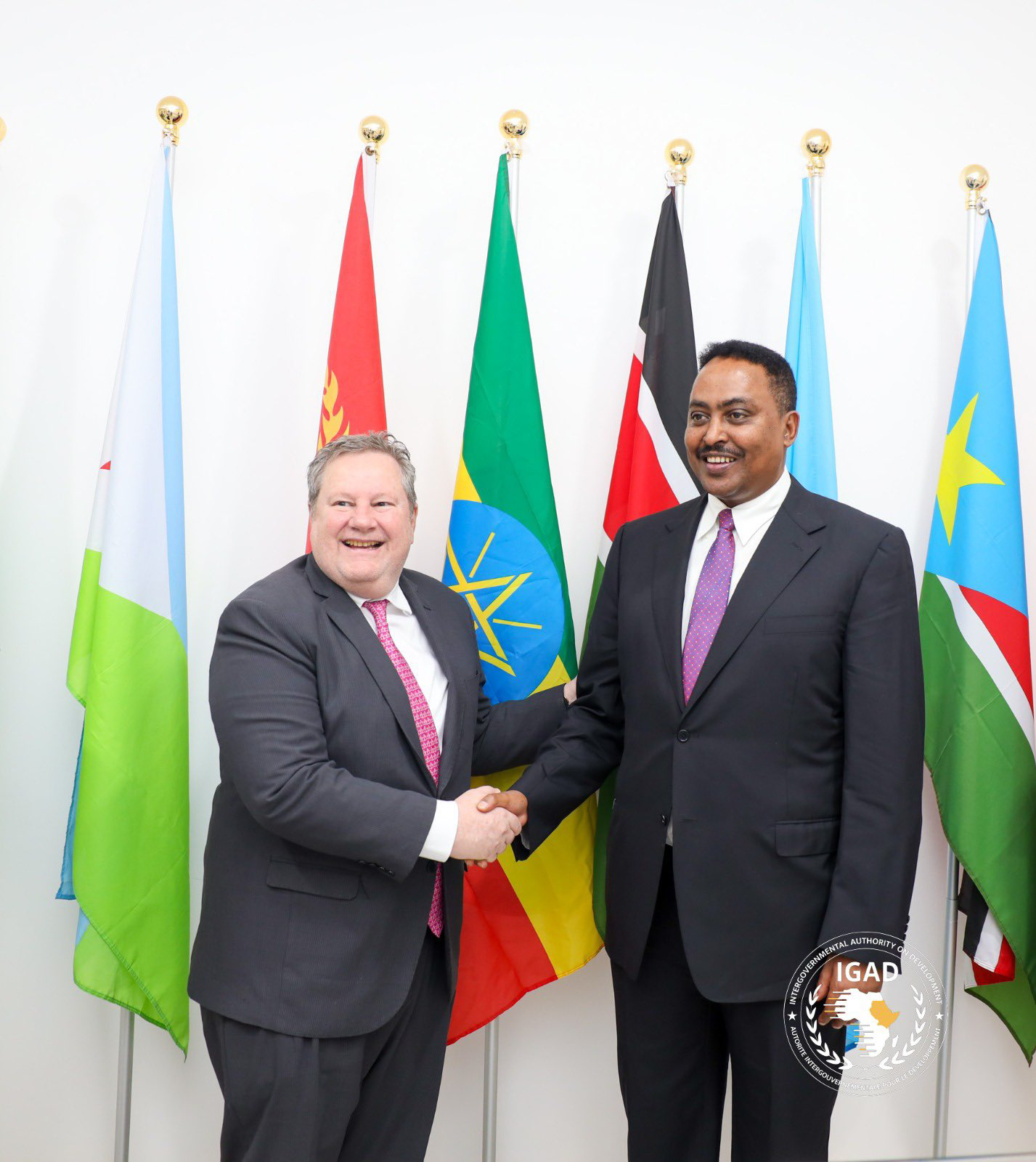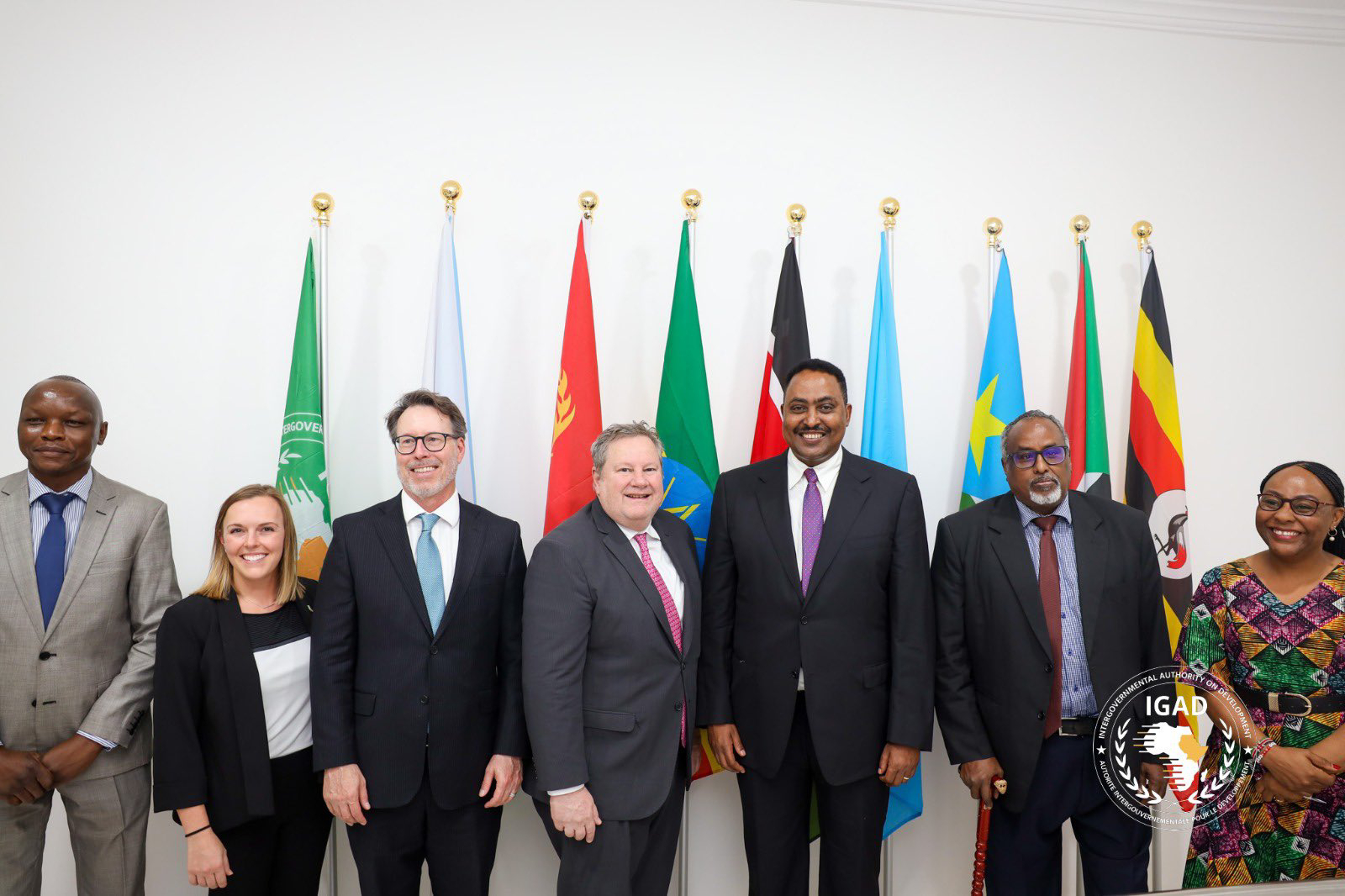Is the US Attempting to Overthrow the Abiy Ahmed Regime?
Recent diplomatic engagements between the United States and various Ethiopian opposition leaders have sparked speculation and concern over whether the U.S. might be attempting to facilitate a regime change in Ethiopia. These talks, predominantly involving opposition figures in exile and influential members of the Ethiopian diaspora in the U.S., are perceived by Prime Minister Abiy Ahmed and his administration as a potential precursor to a coup.
Diplomatic Engagements and Local Sentiment
U.S. representatives, including @MikeHammerUSA and @AsstSecStateAF, have been actively engaging with Ethiopian political exiles and diaspora leaders. Prime Minister Abiy Ahmed has publicly expressed his belief that these actions are aimed at organizing a coalition of exiled political elites, cutting across Ethiopia's diverse ethnic divisions. According to a source within Ethiopian government intelligence, there is concern that this coalition is being groomed to catalyze a regime change, potentially undermining the current government's efforts to stabilize the country.
Fears of Ethnic Fragmentation
Prime Minister Abiy Ahmed has warned of the dire consequences of any successful coup attempts, particularly those driven by ethnically aligned militant groups such as the Oromo Liberation Army (referred to as Oromo Shene) and the Amhara militia group Fano. He argues that should any of these groups seize power, the result would be catastrophic for Ethiopia, plunging the nation into violent conflict and chaos similar to the current situation in Sudan.
US Intentions and Regional Implications
From the perspective of the U.S., involvement with Ethiopian opposition figures may be part of broader efforts to support democratic governance and human rights, especially in light of ongoing conflicts and humanitarian issues within Ethiopia. However, this policy is fraught with complexities, as supporting opposition groups can be interpreted as undermining the current regime, leading to instability.
Conclusion
The interactions between U.S. officials and Ethiopian opposition members have undeniably raised alarms within the Ethiopian government. Whether or not these actions constitute an attempt to overthrow Prime Minister Abiy Ahmed remains a matter of interpretation. The potential for ethnic conflict and national disintegration makes any attempt at regime change perilous. Thus, the U.S. must tread carefully to balance its diplomatic objectives with the need to promote stability in Ethiopia, ensuring that any actions do not inadvertently exacerbate an already fragile situation.
Kudos to US Envoy Amb Hammer for embarking on a mission to Northern Ethiopia to evaluate the ceasefire progress and explore strategies to halt the conflict in Amhara and Oromia states. The challenge lies in the limited diplomatic levers the US has at its disposal, rendering his endeavor all the more daunting.
On July 8, 2024, the IGAD Executive Secretary, His Excellency Dr. Workneh, convened with the United States Special Envoy to the Horn of Africa, His Excellency Mike Hammer, to deliberate on the prevailing peace and security conditions in the region.
Both officials affirmed their dedication to promoting stability and development through ongoing dialogue and cooperation.
The meeting highlighted the critical role of international partnerships in addressing the challenges confronting the Horn of Africa.
His Excellency Dr. Workneh conveyed his appreciation for the continuous support from the United States and other IGAD partners, stressing that collaborative efforts are vital for attaining enduring peace and prosperity in the region.








No comments:
Post a Comment